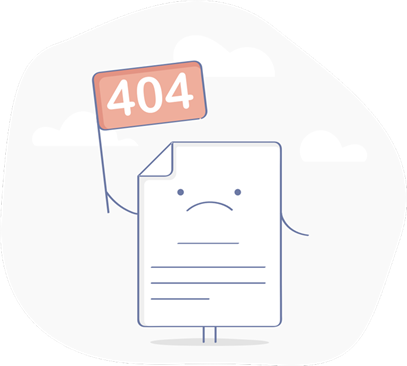
Looks like the page you are looking for is
moved, removed, renamed or might never exist.
Get in touch with us
Book a free, no-obligation consultation to experience our solutions which will exceed your expectations.

Looks like the page you are looking for is
moved, removed, renamed or might never exist.
Get in touch with us
Book a free, no-obligation consultation to experience our solutions which will exceed your expectations.